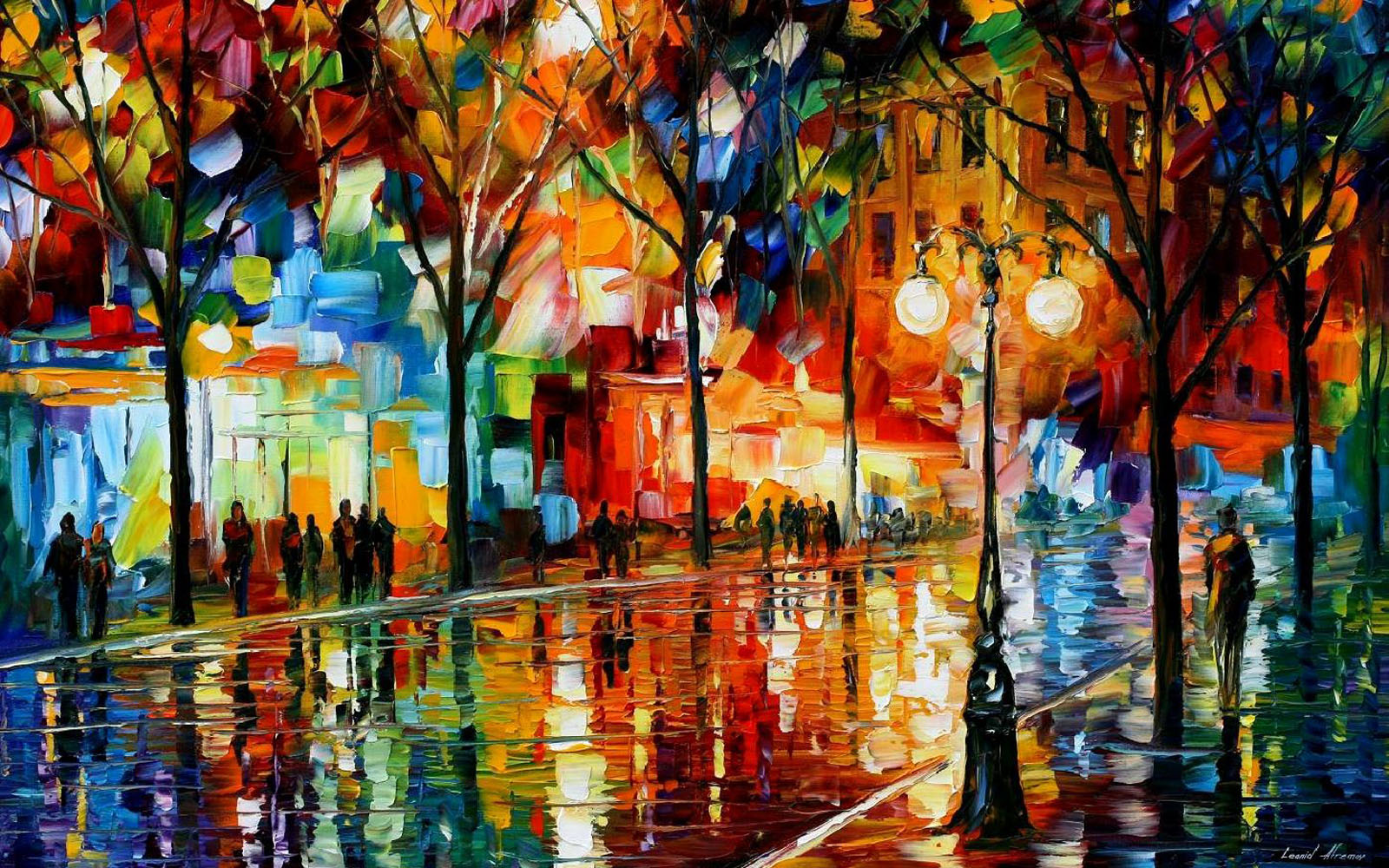
wallpapers Colorful Paintings Wallpapers
Play with the Color Explorer of Google Arts & Culture to discover new assets by color.

BURST OF COLORS — PALETTE KNIFE Oil Painting On Canvas By Leonid Afremov ubicaciondepersonas
However, the painting has remained one of the most famous works ever created by Klimt and stands as one of the most famous colorful paintings of all time. 10. A Friend in Need 1903 - C M Coolidge. One of the most iconic paintings ever created in the modern era was done by C.M. Coolidge in 1903. The work famously features a group of dogs.

color, Brightness, Art, Paint Wallpapers HD / Desktop and Mobile Backgrounds
Complementary Colors in Art - Purple and Yellow. Claude Monet, Water Lilies, 1914-1926. Fritz Scholder, Dream Horse G, 1986. Henri Matisse, The Dream, 1940. Pablo Picasso, Woman with Yellow Hair, 1931 (also red/green) Ray Spillenger, Purple and Yellow, 1963.
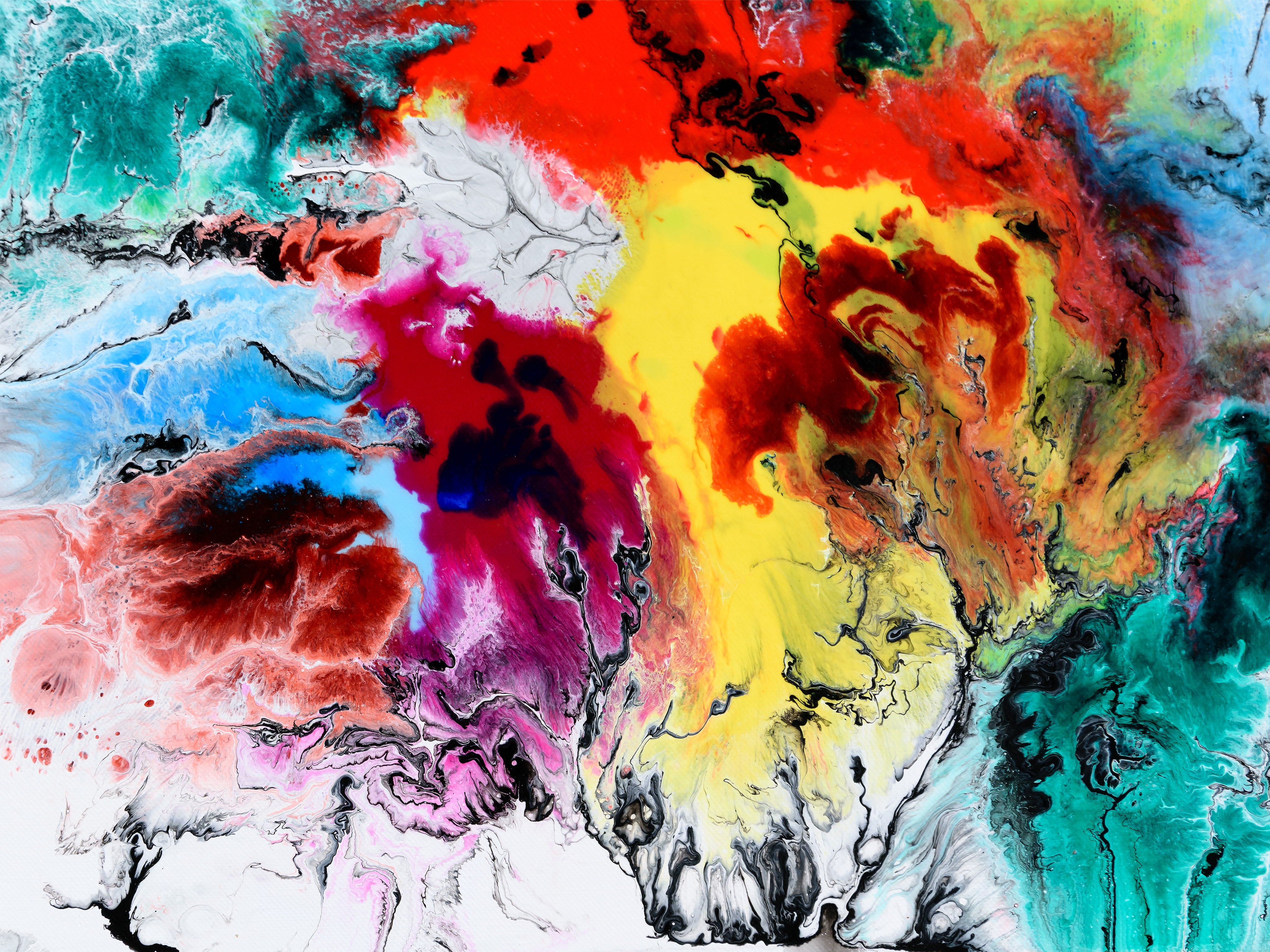
Colors Art by Lønfeldt
Solvent effects on colored pencils. MUST-HAVE COLORED PENCIL TOOLS. Good sharpener: A good quality hand-held sharpener is a must; an electric sharpener saves time and energy. Colorless blender: A colored pencil with a core made of pigmentless wax can be used to blend colors or soften edges without adding more color.

Free Images abstract painting, art, artistic, background, colorful, colors, colourful, colours
The beauty of art is that it is versatile and expressive. Artists from across the world produce unique works of art from traditional to modern with a variety of media, patterns, brush strokes, subjects, textures, styles, themes, and color schemes implemented into their final products. Focusing on color, this is one of the first things we notice about a painting. Whether it is mute.

BURST OF COLORS — PALETTE KNIFE Oil Painting On Canvas By Leonid Afremov
When light waves strike an object and reflect back to the optic nerve in a human's eyes, the sensation they perceive is called color. In works of art, artists use color to depict and describe the subject. Artists, especially painters, utilize their knowledge of color to portray mood, light, depth, and point of view in a work of art.
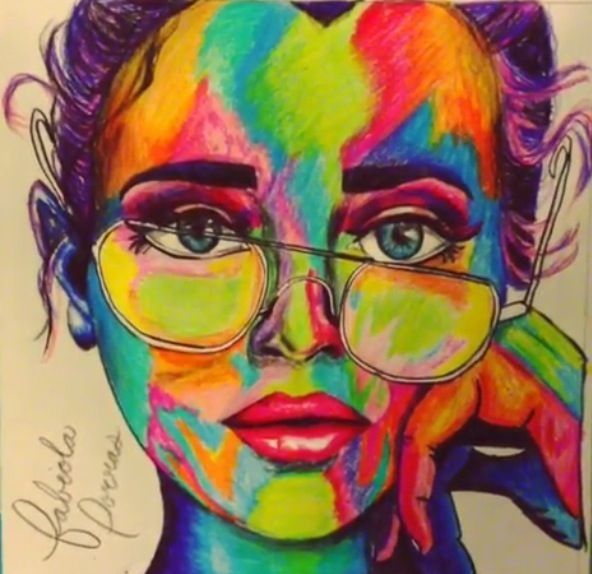
Use Those Colored Pencils To Sketch Your Imagination Bored Art
Professional artist-quality colored pencils contain a higher degree of wax and pigment than the colored pencils used by children. These pencils allow for a really rich, deep and luminescent color. Finished drawings can be so smooth and pigmented that they resemble paintings! It took me about 8 hours to draw this realistic rose colored pencil.
Painting My World What Van Gogh Had to Say about Complementary Colors
Color Theory is a way of thinking that helps artists and designers look at visual media (websites, advertisements, logos, artwork, etc.) to decide the best use of color to meet the individual project's goals. This way of thinking is based on psychology, the science of optics, and historical data.

Painting class, Art lessons, Colorful art
A color scheme is used to describe the overall selection of colors in an artwork. The major color schemes in art are analogous, complementary, split-complementary, triadic, rectangular and monochromatic. These color schemes utilize colors at certain locations on the color wheel. Before I get into it, I should point out that I don't really.
That Little Art Teacher Op Art and Colored Pencil Tutorial Art 1
May 20, 2016 2:19PM. Artists invented the first pigments—a combination of soil, animal fat, burnt charcoal, and chalk—as early as 40,000 years ago, creating a basic palette of five colors: red, yellow, brown, black, and white. Since then, the history of color has been one of perpetual discovery, whether through exploration or scientific.

More Color! Using Color Theory to Add Depth to Your Art Color theory, Color theory lessons, Color
Background. Color is what we see because of reflected light. Light contains different wavelengths of energy that our eyes and brain "see" as different colors. When light hits an object, we see the colored light that reflects off the object. Red, blue, and yellow are the primary colors.
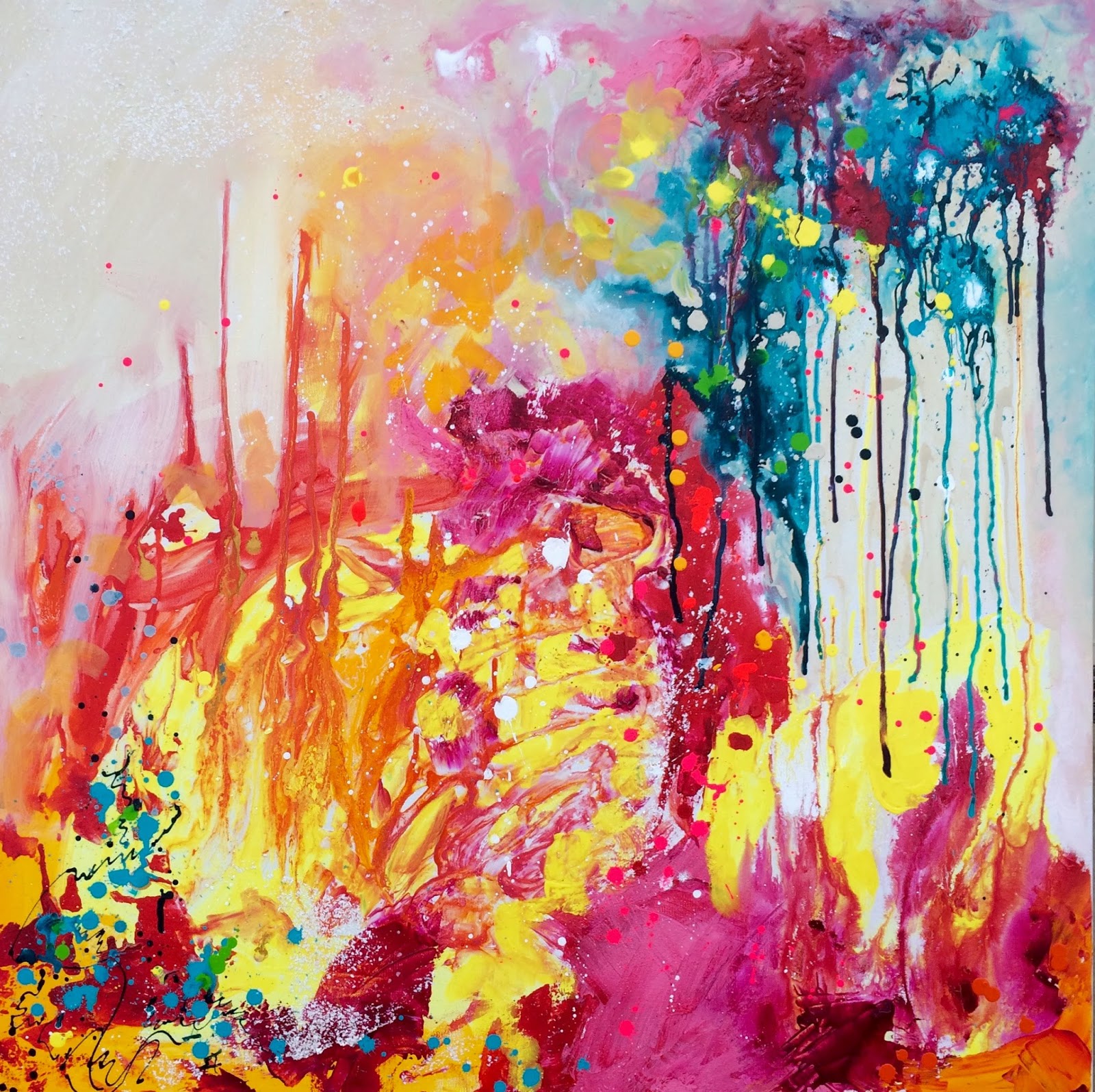
Stephen Lursen Art Color Splash Painting
Color is one of the 7 art elements created through reflected light. It is an essential tool for artists to communicate emotions and establish the mood of their work. Artists also use color to describe their subject matter and make a visual impact. The three primary properties of color are hue, saturation, and value.

AUTUMN COLORS Oil Painting Free Fast Shipping
20,135 Free images of Colorful Art. Find an image of colorful art to use in your next project. Free colorful art photos for download. Find images of Colorful Art Royalty-free No attribution required High quality images.

Free Images creative, abstract, texture, flower, petal, decoration, pattern, color, artistic
Colour Coursework Guide. Explore how different artists have used colour in their work and sketches. Mostly in art, colour is descriptive - it shows us the colour of the thing you're trying to represent. If you see a red vase, you paint it red! And you mix your colours to try to suggest all the different types of 'red' there are.
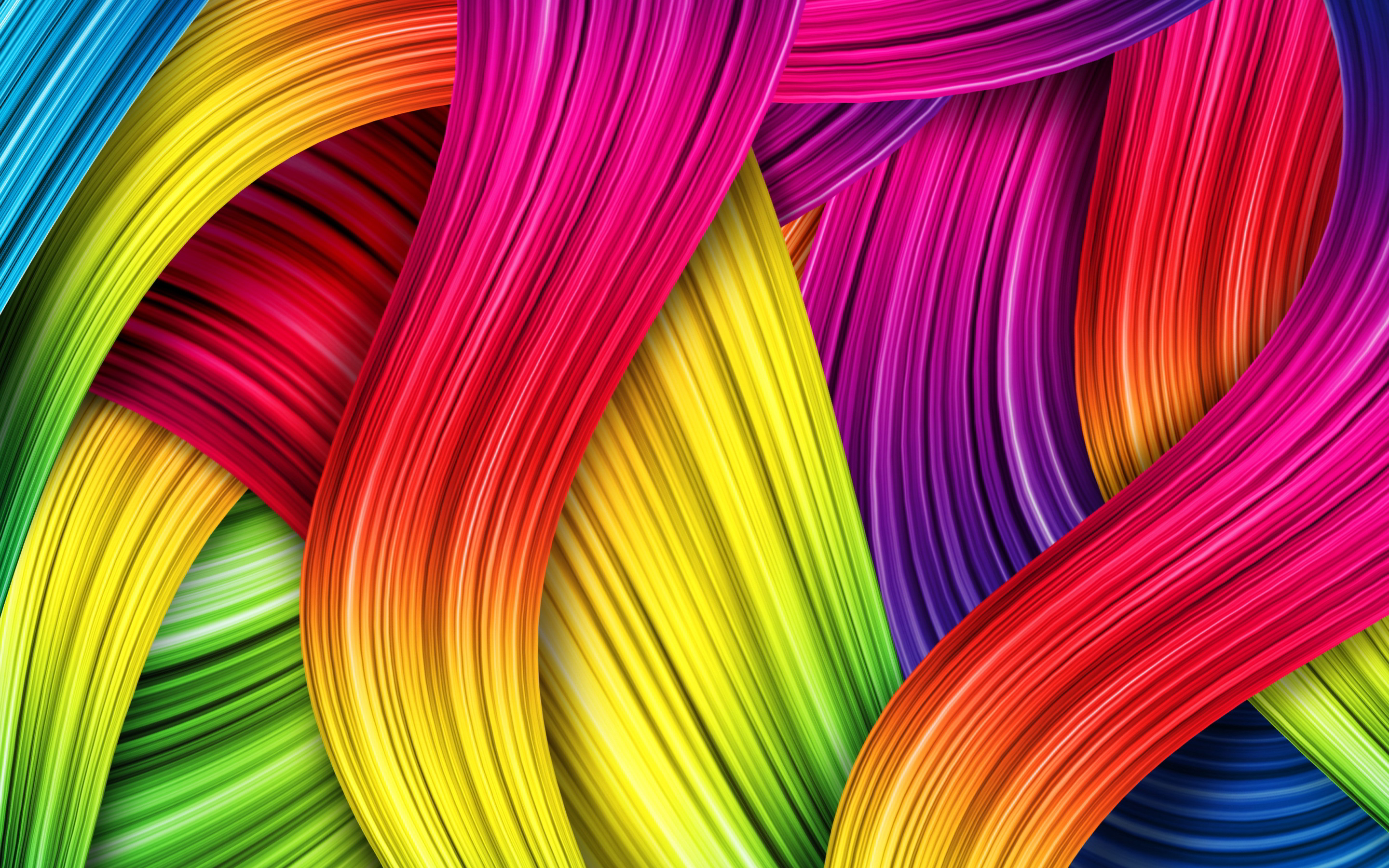
40 Abstract Art Design Ideas The WoW Style
In art, colour is used to create emotion, atmosphere and beauty as it can evoke feelings in viewers or draw attention to certain aspects of a painting. The science of colour. Isaac Newton made the discovery in the 17th century that white light is composed of different wavelengths of colours. The colours that are made up of these single wave are.

Colour paintings
When we talk about cool and warm tones in art, the human eye is also known to interpret more variations of color in warm colors than in cool colors. Drawings thought to be Claude Boutet's 7-color and 12-color color circles (1708); C. B. (probably Claude Boutet or its editor, Christophe Ballard[1]) , Public domain, via Wikimedia Commons